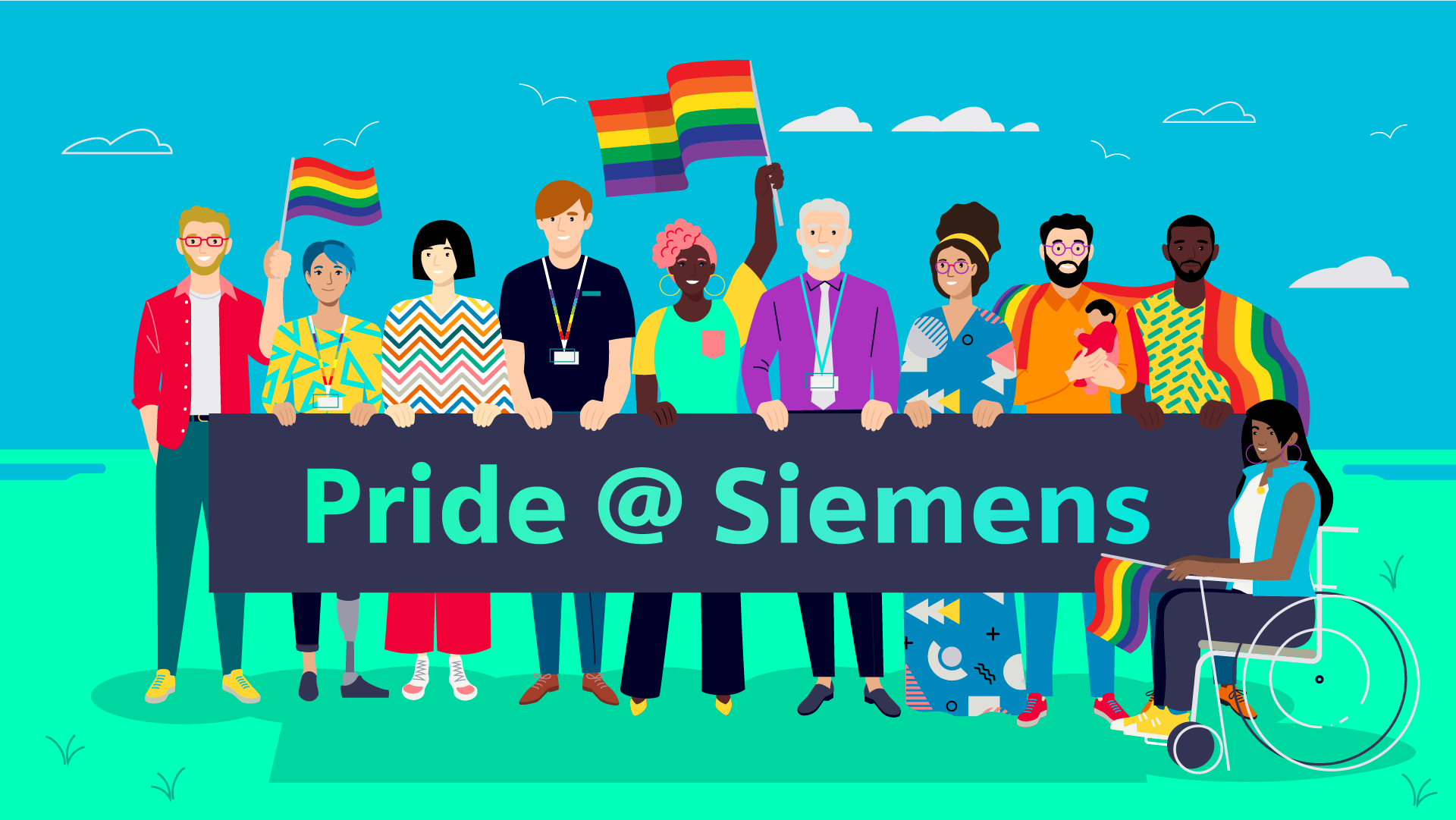What My Cisgender Heterosexual Colleagues Don’t Know About Being LGBTQIA+

Let’s get the pink LGBTQIA+ elephant out of the room. I am not a cisgender heterosexual individual. Most people, when they meet me, think I am. Or rather, don’t immediately think I am not. So I need to come out of the closet. Again. And Again.
Once I’ve made it clear that I am of a different tribe, I look for subtle clues of acceptance or the opposite, “politically correct polite silence.” PCPS symptoms include unusual body language, weird voice inflections, a swift change of topic, a slightly too long stare without replying and dismissiveness with replies like “that’s nice.”
PCPS makes me feel bad, especially in a professional setting. It starts a shame cycle. I sense I made someone uncomfortable, so I blame myself yet try not to be ashamed of who I am.
Every new manager, colleague, and business encounter runs the risk of a PCPS moment.
You master the gender-neutral talk
You speak about your spouse or person you’re dating, never stating if they are a man, woman or trans. You avoid commenting on LGBTQIA+ news until you know you are with a safe group of coworkers. You always have to evaluate which coworkers you feel you can be yourself around and which you need to put a mask on for.
And then the paranoia creeps in. The questions that keep you up at night. Are you part of the gossip mill? “Oh, you’ll never believe who’s not heterosexual…”. How much talk about RuPaul Drag Race is too much? Do I embrace joking about stereotypes to put people at ease, or do I stand up and be proud? Did I say husband instead of spouse today? Did my colleague raise their eyebrows 2% higher when I used that word? Did they not raise their eyebrows 2% higher? Does that mean they already knew? How? When?

Global acceptance and human rights for LGBTQIA+ people
These are very much first-world problems coming from a place of privilege. In many countries, coming out of the closet has potentially lethal consequences. And the list of places where there are no protections against discrimination or a guarantee of fundamental human rights for LGBTQIA+ people is also quite long. I don’t think there is any dispute the role of Pride Month in stopping violence toward LGBTQIA+ people is necessary. (I also recognize that women, children, religious and other minority groups are equally persecuted around the globe, this isn’t a singular threat).
But there’s a lack of understanding of why Pride Month is important for those who live in places with no threat of persecution or violence. When words like “choice” and “lifestyle” are used, even politely, they are microaggressions. Tim Cook is still, after 11 years, in a very exclusive club. One that is probably seeking more members but not finding many.
I don’t feel excluded
I know I am relatively lucky. I fully recognize that as an employer, Siemens takes its commitment to diversity seriously and proudly supports its LGBTQIA+ employees. I have amazing colleagues who are allies. However, that wasn’t always the case over my career. There was a time when I wanted to write a blog like this but was made to feel it would hurt the business if I did. Some of our customers might be put off by reading it. It was less of a don’t say gay situation and more of a “can you whisper it, please?” I recently listened to Loving Sally Ride by SHORT WAVE, an NPR podcast. Even pioneers like her felt the pressure to keep her life a secret. And to be honest, I’m still a little scared to be putting this out in the world, signing my name to it.
Not everyone has seen the dispersed light. And until they do, Pride Month has a purpose for me, and perhaps, all of us.



